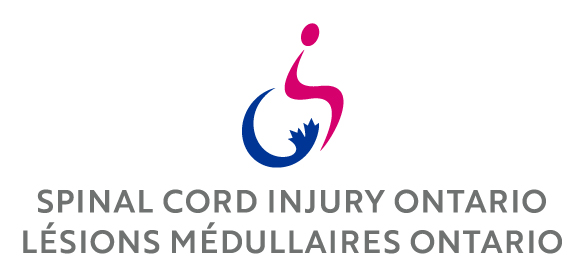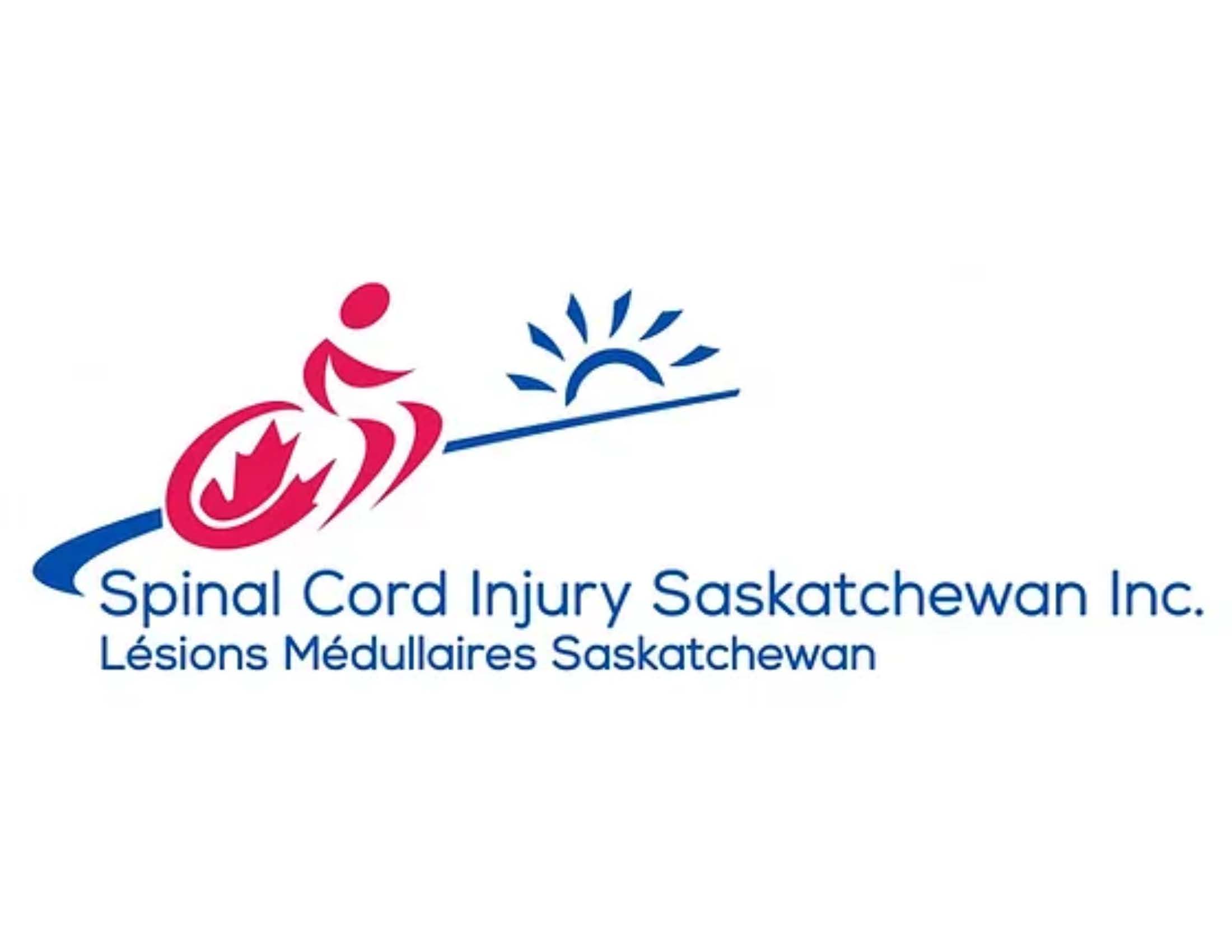Community-based spinal cord injury (SCI) organizations aim to help the 85,500 Canadians living with SCI to adjust, adapt, and thrive after their injury. A flagship program developed toward attaining this goal is SCI peer mentorship, which consists of matching trained SCI peer mentors (empathetic and experienced adults with SCI) with fellow adults with SCI. Unfortunately, in Canada, only a handful of studies have attempted to demonstrate the importance of community SCI peer mentorship programs. To address this need, a community-university partnership including two universities (McGill and University of British Columbia) and four SCI organizations (Ability New Brunswick, SCI Saskatchewan, SCI BC, and SCI Ontario) was developed to co-create a SCI peer mentorship evaluation tool. This partnership combined the research and methodological expertise of academics alongside the experience and first-hand knowledge of SCI peer mentorship community leaders. Our partnership-driven activities, embedded in an integrated knowledge mobilization framework, aims to identify the outcomes of SCI peer mentorship, develop a SCI peer mentorship evaluation tool, and share our new knowledge within both academic and community groups.

Partners





Downloadable Resources
Infographic 1: Mentor Perspectives
Infographic 2: Organizational Perspectives
Infographic 3: Mentee Outcomes
Infographic 4: Mentor Outcomes
Publications
Sweet, S.N., Hennig, L., Pastore, O.L., Hawley, S., Clarke, T.Y., Flaro, H, Schaefer, L., & Gainforth, H.L. (2021). Understanding peer mentorship programs delivered by Canadian SCI community-based organizations: perspectives on mentors and organizational considerations. Spinal Cord, 59, 1285-1293 https://doi.org/10.1038/s41393-021-00721-6
